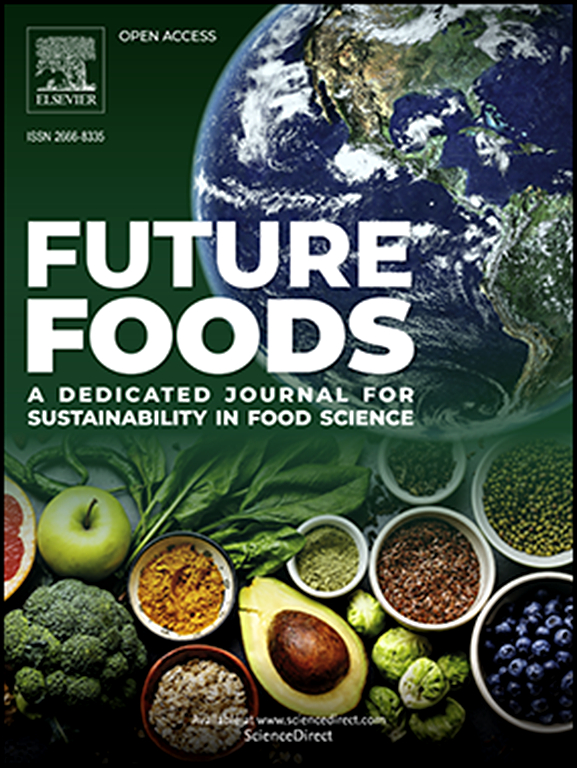Towards the expansion of the functional dairy market: Determining donkey milk value propositions and identifying possible consumers
IF 7.2
Q1 FOOD SCIENCE & TECHNOLOGY
引用次数: 0
Abstract
The demand for donkey milk has increased due to consumers’ growing preference for functional dairy beverages. As the commercial value of donkey milk and its marketable qualities still need to be discovered by many consumers, information on how to market this functional dairy product is needed. Hence, this study aimed to determine marketable value propositions, competitive pricing levels for donkey milk, and possible early adopters. Using data collected in the Mahikeng Local Municipality in South Africa, consumers’ willingness to pay for donkey milk was determined, and a double-bound probit model was utilized to determine socio-economic characteristics that could serve as a target market for donkey milk. The study found that consumers were willing to pay a 10 % premium for donkey milk, a lower percentage than premiums reported in other parts of the world where donkey milk has been commercialized. The study's findings revealed that the marketing of donkey milk should target the wealthy and young people in South Africa. However, the industry's growth shall likely be stalled by the current heritage value proposition it is known for, which attracts a relatively small premium. This study recommends that consumers be furnished with scientific evidence that substantiates the nutraceutical properties of donkey milk so that this becomes an equally known value proposition that results in a higher premium, as reported in other developed markets.
拓展功能性乳品市场:确定驴奶的价值主张并确定可能的消费者
由于消费者越来越青睐功能性乳饮料,对驴奶的需求也随之增加。由于驴奶的商业价值及其适销性仍有待许多消费者发掘,因此需要有关如何营销这种功能性乳制品的信息。因此,本研究旨在确定驴奶的市场价值主张、有竞争力的定价水平以及可能的早期采用者。利用在南非马希肯地方市收集的数据,确定了消费者对驴奶的支付意愿,并利用双约束 probit 模型确定了可作为驴奶目标市场的社会经济特征。研究发现,消费者愿意为驴奶支付 10% 的溢价,这一比例低于世界其他驴奶商业化地区所报告的溢价比例。研究结果表明,驴奶的营销应以南非的富人和年轻人为目标。然而,驴奶产业的发展很可能会因为其目前的传统价值主张而停滞不前,因为这种价值主张所吸引的溢价相对较小。本研究建议向消费者提供科学证据,证实驴奶的营养保健特性,使其成为一个同样广为人知的价值主张,从而获得更高的溢价,正如其他发达市场所报告的那样。
本文章由计算机程序翻译,如有差异,请以英文原文为准。
求助全文
约1分钟内获得全文
求助全文
来源期刊

Future Foods
Agricultural and Biological Sciences-Food Science
CiteScore
8.60
自引率
0.00%
发文量
97
审稿时长
15 weeks
期刊介绍:
Future Foods is a specialized journal that is dedicated to tackling the challenges posed by climate change and the need for sustainability in the realm of food production. The journal recognizes the imperative to transform current food manufacturing and consumption practices to meet the dietary needs of a burgeoning global population while simultaneously curbing environmental degradation.
The mission of Future Foods is to disseminate research that aligns with the goal of fostering the development of innovative technologies and alternative food sources to establish more sustainable food systems. The journal is committed to publishing high-quality, peer-reviewed articles that contribute to the advancement of sustainable food practices.
Abstracting and indexing:
Scopus
Directory of Open Access Journals (DOAJ)
Emerging Sources Citation Index (ESCI)
SCImago Journal Rank (SJR)
SNIP
 求助内容:
求助内容: 应助结果提醒方式:
应助结果提醒方式:


